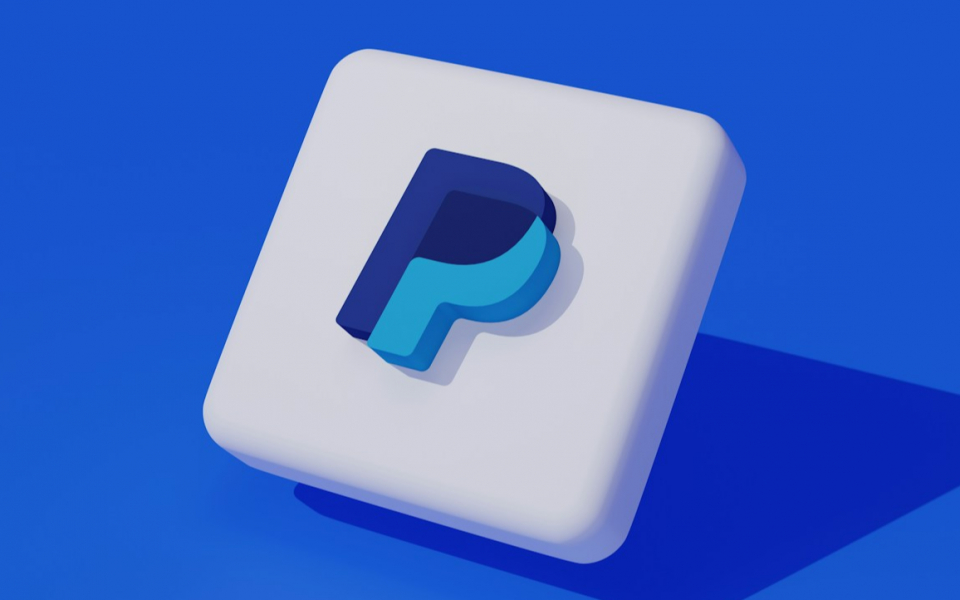Fireblocks on Thursday announced a $1 million grant program aimed at accelerating the adoption of PayPal
What Happened: The program, which follows a successful pilot, seeks to incentivize businesses to create blockchain-based products utilizing PYUSD, with grants of up to $60,000 available for eligible projects.
The initiative is designed to encourage innovation in the stablecoin sector, particularly as the demand for decentralized finance (DeFi) solutions continues to rise.
Fireblocks, which facilitates the transfer of $15 billion in stablecoins every month, is positioning PYUSD as a key player in the rapidly evolving world of digital assets and payments.
"Stablecoins have become the 'killer app' for crypto payments," said Jose Fernandez da Ponte, Senior Vice President of blockchain, cryptocurrency, and digital currencies at PayPal.
"PYUSD brings an element of trust into these transactions."
The grant program is an effort to further drive the use of stablecoins in everyday transactions, emphasizing the growing importance of PYUSD in both institutional and retail contexts.
The grant program comes on the heels of a successful pilot with two customers-KoraPay and Bridge-who used PYUSD for digital payouts to individuals, showcasing the potential for stablecoins to be used in innovative ways.
Fireblocks hopes the broader release of this initiative will inspire more companies to explore similar solutions. "We're looking forward to seeing businesses create real-world use cases that take advantage of what stablecoins can offer," said Ran Goldi, Senior Vice President of Payments and Network at Fireblocks.
Why It Matters: Fireblocks' move to deepen its focus on stablecoin applications mirrors the strategy of other key players in the digital assets space.
For instance, Injective Labs CEO Eric Chen highlighted the increasing role stablecoins play in bridging the gap between traditional finance (TradFi) and DeFi.
In an interview with Benzinga, Chen emphasized the potential of stablecoins to revolutionize cross-border payments and liquidity in financial markets.
This initiative also aligns with PayPal's broader stablecoin strategy, which saw PYUSD launch on the Ethereum ETH/USD blockchain in August and later expand to Solana's SOL/USD network.
Solana's higher transaction speeds and lower fees have made it an appealing choice for PayPal as it looks to extend PYUSD's usage beyond crypto exchanges and into retail payments, particularly in emerging markets like Southeast Asia and Latin America.
While PYUSD has gained traction since its launch, PayPal has faced its share of challenges.
Earlier this year, the company paused its stablecoin initiatives amid regulatory scrutiny and received a subpoena from the U.S. Securities and Exchange Commission (SEC).










